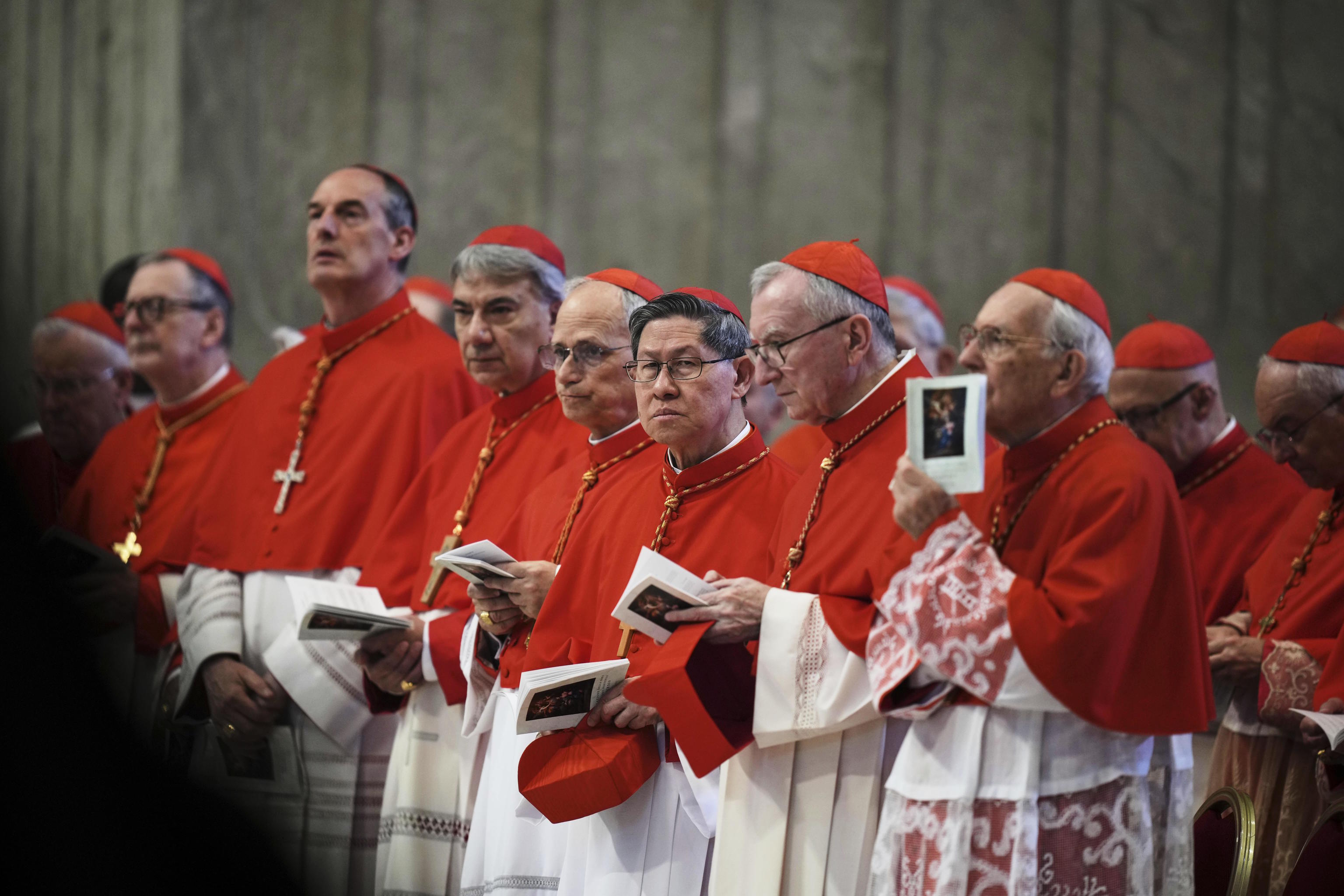Cardinal Pablo Virgilio David (affectionately nicknamed in his country as Ambo) is already known as the "other Filipino," and has been rising in the ranks to become one of the strongest candidates of the "second-tier": aspirants who arrive at the conclave as outsiders without the wear and tear that "favorites" usually suffer.
Media attention, with a karaoke touch, was focused on Luis Antonio Tagle, the Asian Francis, for days. But the cardinals already had their eye on Cardinal David, who made a deep impression during his intervention at the General Congregation.
At 66, he was appointed president of the Episcopal Conference of the Philippines in December (the third country with the most Catholics in the world, after Brazil and Mexico). He speaks five languages (Tagalog, Spanish, Italian, French, and English), has a strong theological background, and is a specialist in biblical studies.
For a long decade, he stood out as a defender of social justice and systematically denounced human rights violations by President Rodrigo Duterte in his "war on drugs" (he independently launched a national rehabilitation program for drug addicts). To Donald Trump, after his AI-generated image as Pope went viral, he firmly replied on his personal account: "Not funny, sir."
In an interview with America Magazine, David recently called on the Church not to fall into the instinct of "self-preservation" and not to stagnate in "nostalgic idealism." Instead, he advocated for "a vision of human brotherhood, dignity, justice, and ecological responsibility," very much in line with Francis.
Another second-tier candidate, occasionally among the favorites, is the American Robert Francis Prevost Martínez, born in Chicago in September 1955 (69 years old). He is also a polyglot (speaks six languages), an Augustinian with Spanish blood on his mother's side. He serves as prefect of the Dicastery for Bishops, well known and respected by the curia, and also as president of the Pontifical Commission for Latin America, which would make him a clear successor to the Argentine Pope.
With his experience as general secretary of the Synod of Bishops, Maltese Mario Grech is quietly gaining ground as a candidate among progressive cardinals with the potential to build bridges to conservatives. He was close to Pope Benedict XVI, although his views on issues such as homosexuality or the representation of women in the curia have evolved in recent years, to the point of acknowledging that "there is a movement for the Church to acquire a feminine face that reflects the face of Mary."
As a counterpoint to the candidacy of Jean-Marc Aveline, the Archbishop of Algiers Jean-Paul Vesco (born in Lyon in 1962) has managed to carve out a place among the candidates. Vesco, a lawyer by profession, joined the Dominican order and has a long career as a pastor, as well as a media presence earned through his charisma at the General Congregation. Until the day before the conclave, he was making statements and even admitted that there are at least half a dozen candidates with a "papable" profile (excluding himself).
